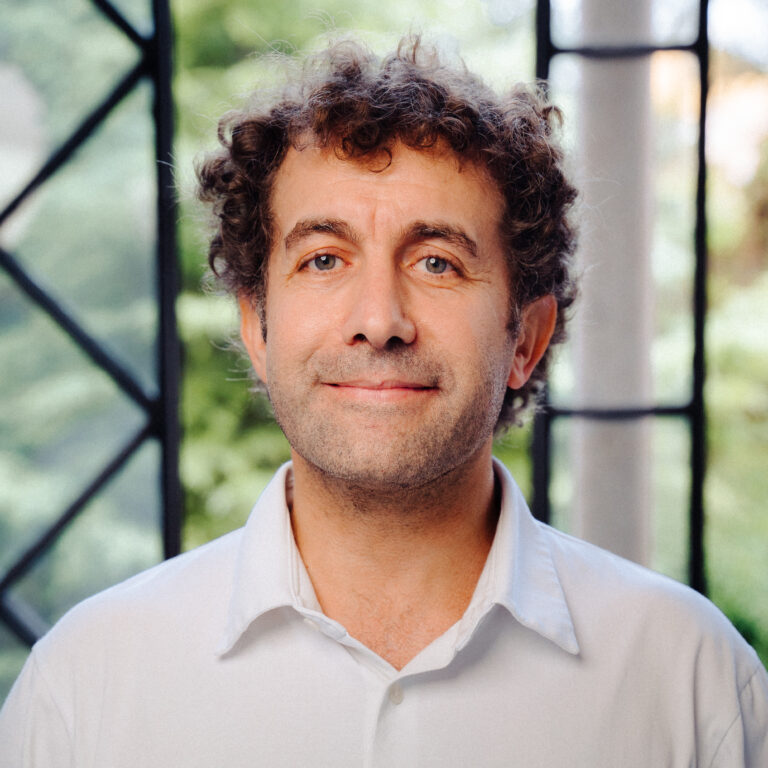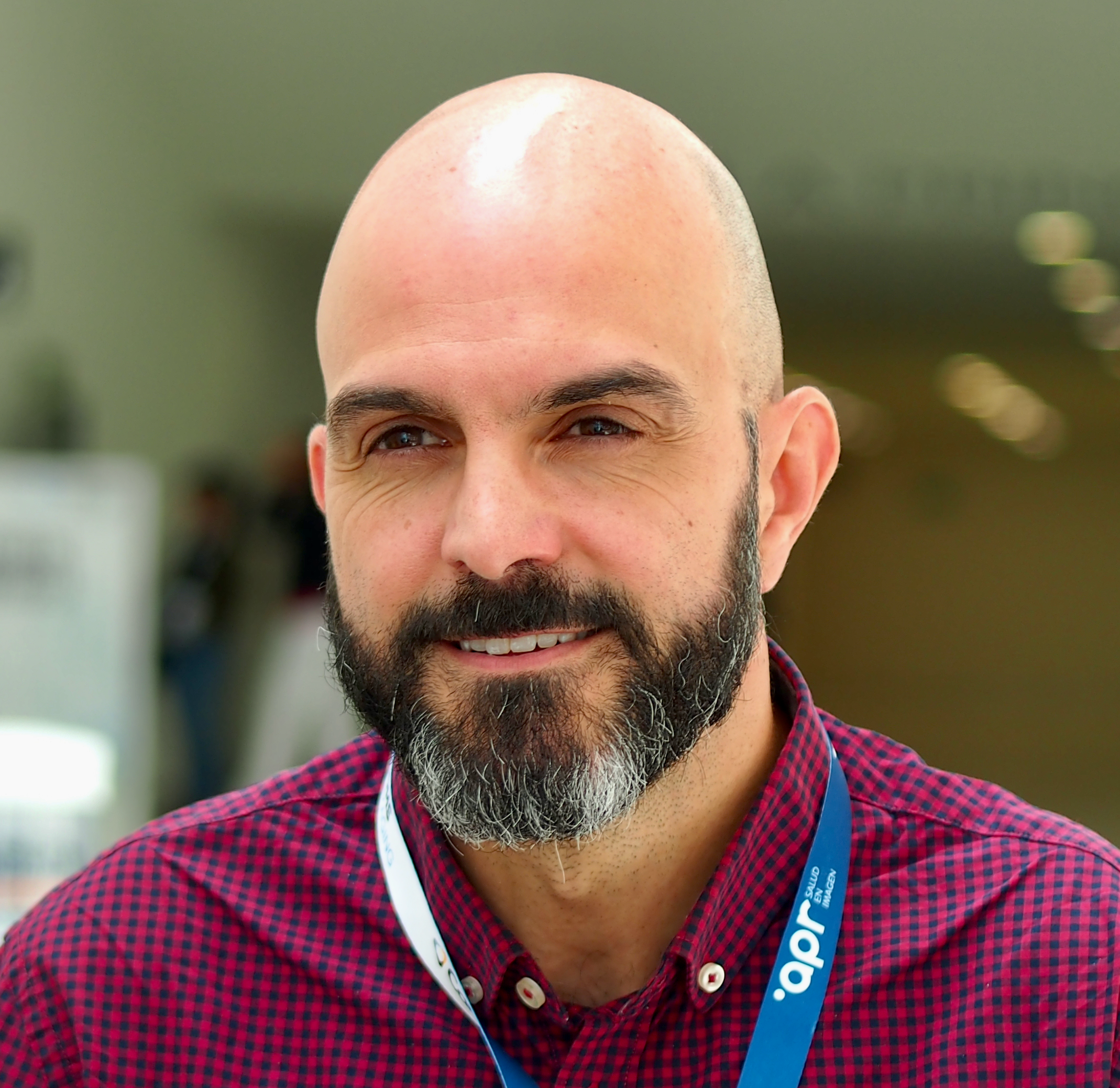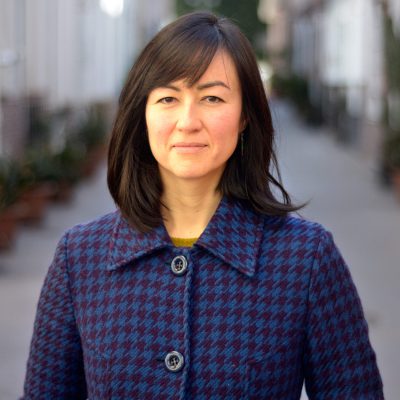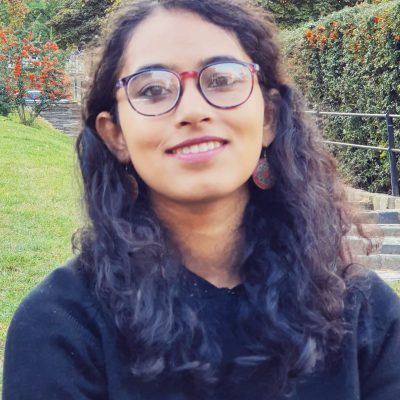The University of Barcelona (UB) is one of the oldest universities in Spain and the largest university in Catalonia. It has over 60,000 students and 5,000 researchers, as well as 340 graduate and 48 doctorate programs in 16 faculties (including mathematics, informatics, medicine and biology). UB is particularly interested in fostering international relations and, for many years, has managed an average of 150 European projects per year. This project will be carried out by the research team of the Artificial Intelligence in Medicine Laboratory of the University (BCN-AIM), which is an essential part of the Department of Mathematics and Computer Science. The research team has an established track record in coordination and participation in national, European and international projects on data science and AI (such as EuCanImage, euCanSHare, EarlyCause, LONGITOOLS, DataTools4Heart).
UB in RadioVal
The University of Barcelona (UB) is the Project Coordinator of RadioVal, while also leads the preliminary evaluation and calibration of the tool in WP4 and contributes to the elaboration of a multifaceted evaluation framework in WP2. UB also participates to the design and implementation of the tools for continuous evaluation, monitoring and traceability within WP3.
Dr. Karim Lekadir
Dr. Karim Lekadir is a Senior/Tenure Track Researcher at the University of Barcelona and coordinator of RadioVal. He holds a Master’s Degree in Computer Science from the University of Montpellier II (France) and a PhD in Medical Image Computing from Imperial College London (UK). He was also previously a Visiting Scholar at Stanford University (USA). He was the recipient of a Marie-Curie research fellowship awarded by the European Commission and a Juan de la Cierva postdoctoral fellowship funded by the Spanish Ministry of Science and Innovation. He participated in several EU-funded projects in the field of medical imaging and computational biomedicine. His software, developed during his PhD studies for cardiac functional quantication, has been CE marked and commercialised by CMR tools, and is now used in more than 250 clinical centres worldwide.
His current research focuses on the development of data science and machine learning approaches for the analysis of large-scale biomedical data, including medical images, radiomics and non-imaging data. He is currently coordinating the H2020 euCanSHare, EuCanImage, the Horizon Europe DataTools4Heart, in addition to RadioVal and he is WP Leader in LONGITOOLS. He recently was granted the ERC Consolidator Grant to work on AIMIX, to develop inclusive Articial Intelligence for accessible medical imaging across resource-limited settings.


Dr. Oliver Diaz
Dr. Oliver Diaz is an Assistant Professor at UB and the co-coordinator of RadioVal. He holds a Ph.D. in Medical Imaging/Physics from the Centre for Vision, Speech, and Signal Processing at the University of Surrey (UK). With the support of Cancer Research UK, he developed breast image simulation tools currently used to support Virtual Clinical Trials in the UK (OPTIMAM). He is also a visiting academic researcher at the University of Surrey (UK) and the Institute for Research and Innovation Parc Taulí (Spain). Currently he is member of several EU and American working groups such as EFOMP Working Group on Artificial Intelligence; AAPM/EFOMP task group No. 282; and EFOMP Working Group on Digital Breast Tomosynthesis quality control. Dr. Diaz has over 10 years of international research experience and was awarded with a prestigious EU Marie Slodowska–Curie Postdoctoral Fellowship in 2015. He has participated in 10 medical imaging research projects funded by the EU (ASSURE, SCARtool as PI), UK (OPTIMAM 1 & 2) and the Spanish government (SMARTER, ICEBERG). His scientific production includes over 50 scientific publications among high-impact JCR journals (12) and conferences, receiving 315 citations . His h-index is 9 (source: Google Scholar).
Jamilia Arykbaeva
Jamilia Arykbaeva is the Project Manager of RadioVal. She holds a Master’s degree in Political Science from University of Granada (Spain) and a master’s degree in Political and Electoral Analysis from University of Granada and Pontificia Universidad Católica Mater Maestra (PUCMM). She has many years of experience in development project management in different fields including local governance, economic development, gender equality, education, and healthcare across multiple countries. She has collaborated as a consultant with various international organizations, including the United Nations Development Programme (UNDP), the International Organization for Migration (IOM), and the Organization of Ibero-American States for Education, Science, and Culture (OEI), among others. Her contributions focused on enhancing project monitoring and evaluation systems. She has served as a senior researcher for the Global Foundation for Democracy and Development (GFDD) and the Ibero-American Institute at the University of Salamanca. Additionally, she has published several studies related to political systems and the enhancement of representative institutions.”


Smriti Joshi
Smriti Joshi, first-year doctoral student at University of Barcelona and AI lead of RadioVal, received master’s degree with distinction in Image Processing and Computer Vision, jointly coordinated by the Autonomous University of Madrid (Spain), University of Bordeaux (France), and Pázmány Péter Catholic University (Hungary), funded with Erasmus Mundus scholarship. She wrote her Master Thesis at the Visual Computing Group at Harvard University (USA). Before this, she received an Integrated Master’s degree in Physics from Birla Institute of Technology and Science, Pilani (India) with the master thesis written at the “Laboratoire de Recherche Xlim” (CNRS 7252) (France). Her current research focuses on developing fair and robust methods for breast cancer treatment planning using machine learning and deep learning-based methods. Her past research themes include domain adaptation and segmentation for biomedical data.